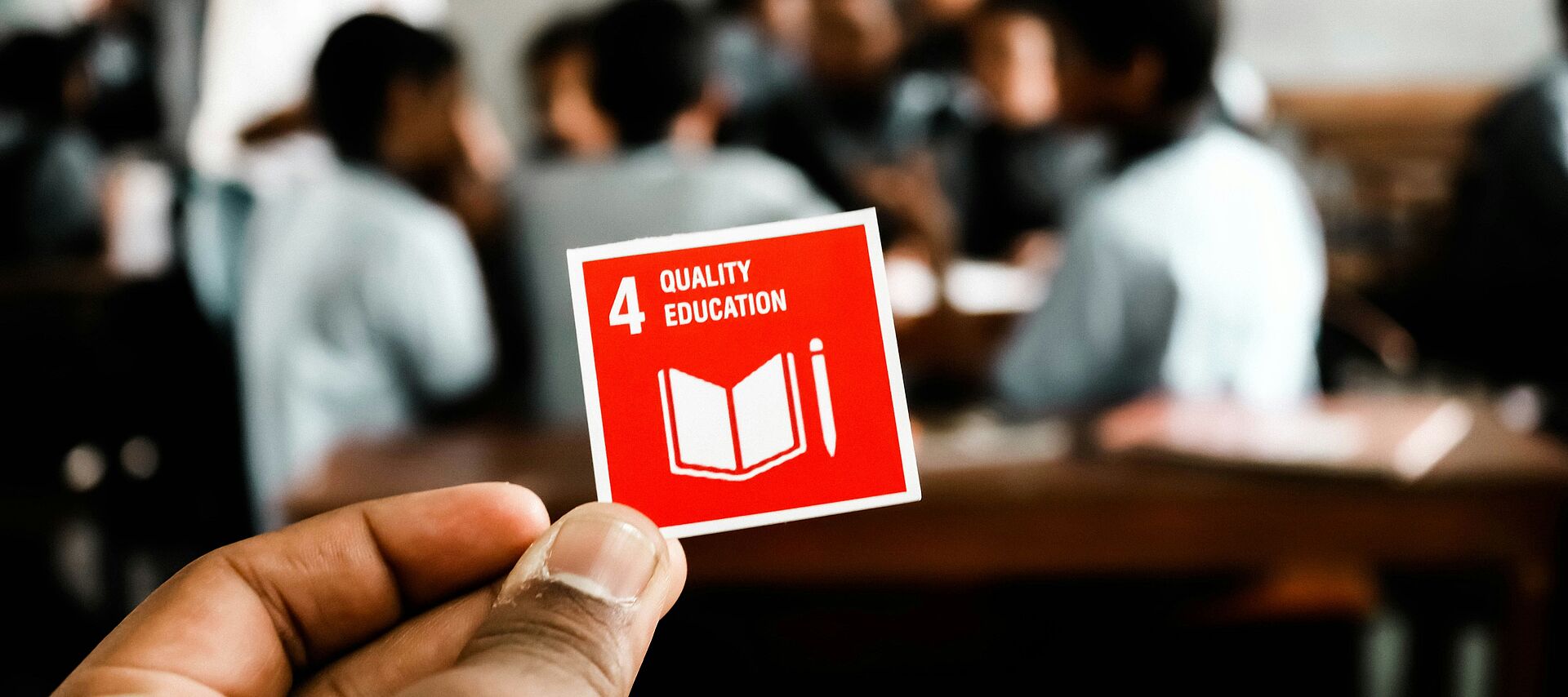
This interdisciplinary module cluster concentrates on sustainable development, with a specific focus on Education for Sustainable Development (ESD). It incorporates courses linked to various facets of ESD, considering both local and international perspectives. The module cluster is structured around three main areas - Foundations, Specialisation, and In Practice -, complemented by a language course.
The foundational area introduces students to concepts and dimensions of sustainable development and to ESD. The specialisation area explores different disciplinary insights and emphases within the field, allowing for deeper engagement with particular aspects of ESD. In the practical area, students apply their acquired knowledge and skills by developing and implementing an ESD-themed project of their choosing.
Courses within the module cluster are offered by different departments of the Faculty of Humanities and Education at TU Braunschweig and include a range of formats such as lectures, seminars, and projects. All courses are taught in English, with some available in a hybrid format. The language course, which can be selected from an array of options provided by TU Braunschweig’s International House, should align with the students' interests and/or practical needs. For more information on eligible language courses, please refer to the resources available in the download section of this website.
Upon completion of the module cluster, students will not only have acquired foundational knowledge of sustainable development and ESD but also attained a deeper understanding of specific elements of ESD. Beyond imparting knowledge, the cluster aims to develop skills essential to fostering a global citizen mind-set, including critical thinking, problem-solving, cross-cultural awareness, empathy, respect for diversity, and collaborative and communication skills.